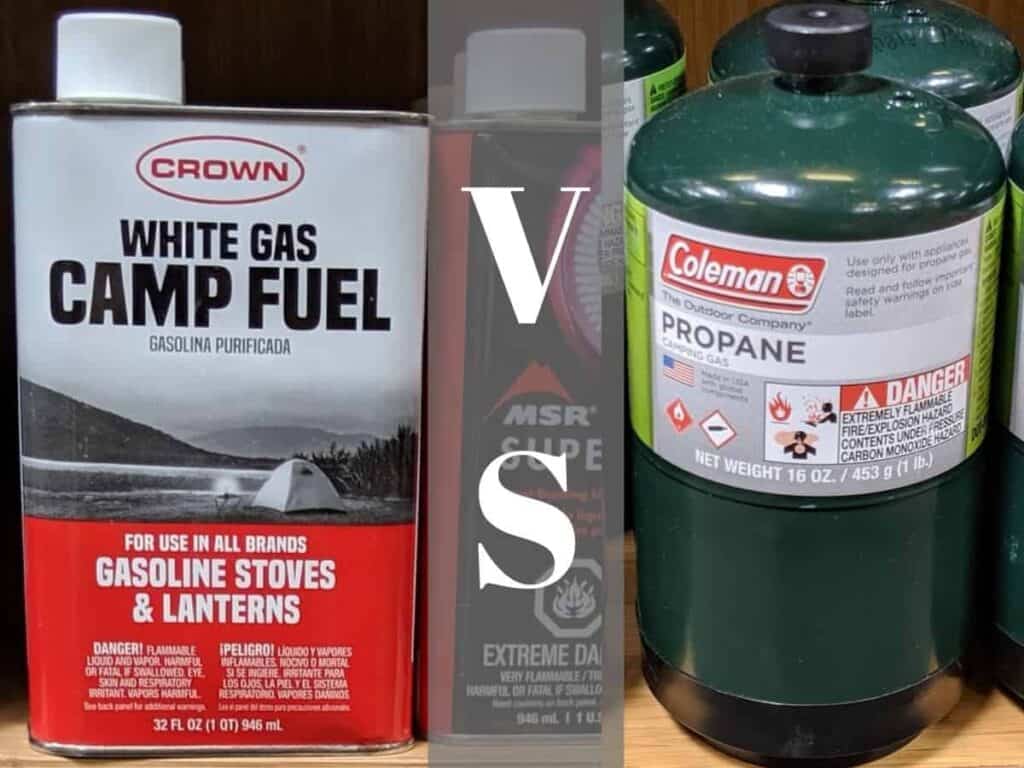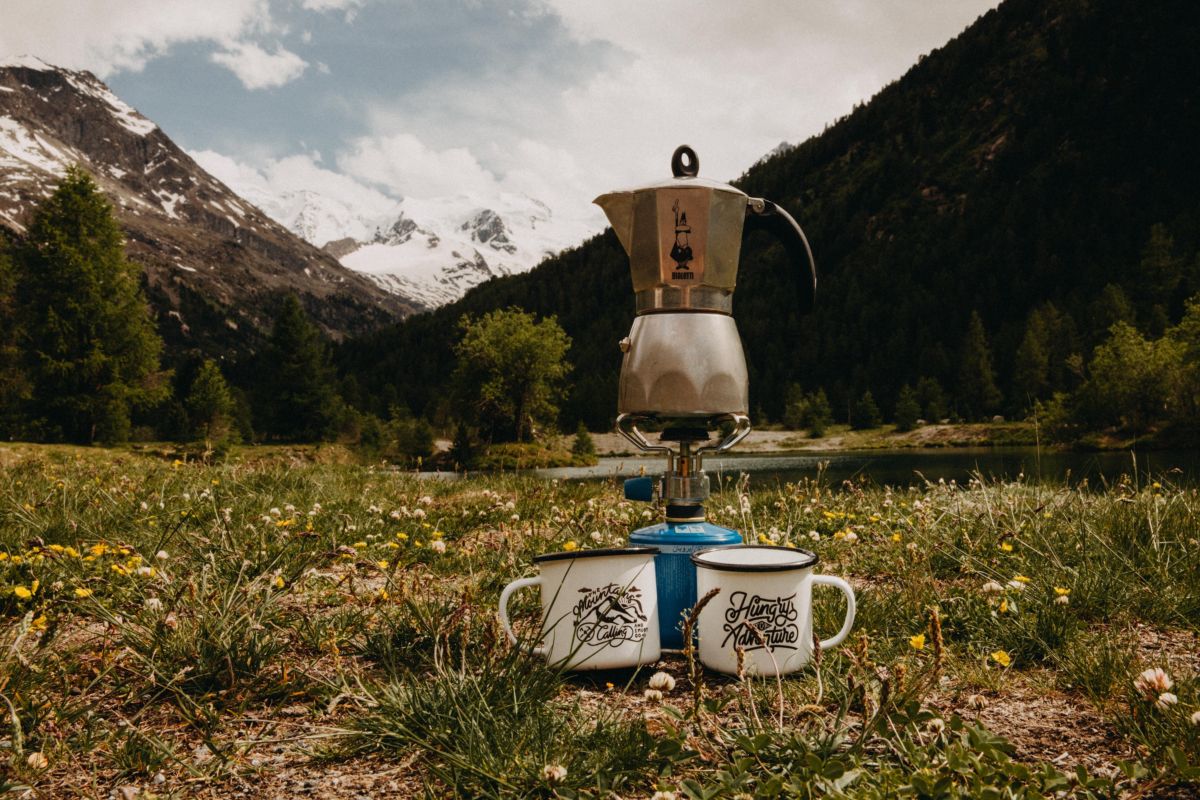
There is a lot of confusion out there about the differences between white gas and propane.
In this article, we will try to clear up some of the confusion.
First, let’s look at the two types of fuel: propane is a liquid gasoline that is stored in tanks, while white gas is a mixture of natural gas and air.
Second, when it comes to safety, propane is generally considered safer than white gas because it does not produce an explosive atmosphere when lit.
Propane is a cheaper option than white gas, but it’s not as environmentally friendly.
That means you’ll need to use more propane than gasoline to achieve the same warmth in a given space..
White gas is more expensive, but it’s better for the environment because it doesn’t produce greenhouse gases.
Outdoor enthusiasts have long debated the merits of using white gas versus propane for grilling and barbecuing.
For some homeowners, the decision of whether to use propane or white gas is a no-brainer.
Propane is cheaper and easier to find, while white gas is said to offer superior performance in many instances.
However, there are a few things to keep in mind when making this choice.
White Gas VS Propane Differences
Both White gas and Propane are fuels, but still, they have a lot of differences.
Propane or also known as Liquified Petroleum Gas.
It is a gas sealed in a closed steel container to control the pressure inside.
Mostly, propane is only used in gas stoves and sometimes in used as camping gas.
White gas has many brands and names such as Camp Fuel or Naphtha.
It is a purified gas in a liquid form. Unlike the LPG, white gas is not pressurized, it is not sealed in a closed container and stored in a common thin metal.
It is often used for liquid fuel stoves.
Read related articles: How to Make White Gas?
Read related articles: white gas vs kerosene?
What is a White Gas?
White gas is known for many names such as Coleman fuel, White spirit, and Naphtha. Generally, white gas is a purified liquid fuel with no additives added. This product was made in the 1950s and available in gallons of a thin-form container.
White gas is a high-quality source of energy because it has a carbon atom content of 5 to 9 per molecule. It is mostly used by campers because it meets the basic needs of camping. It is best for fueling camp stoves, lanterns, or cooking meals at camp. Plus, white gases burn faster and hotter than other stove fuels. And lights brightly and easily vanish as well.
What is Propane?
Propane is also called Liquified petroleum gas. Propane is a pressurized liquid gas that is commonly stored in a locked metallic container. It is made from processed natural gas, which is non-hazardous. It is a colorless product, but there was added chemical to make it smell. This serves as an identifier if the product is released or not.

Propane is popular to consumers since the 1990s than other gasoline and diesel. It is durable and sustains the energy needs of stoves. Despite the increased demands for fuels, Propane is affordable than other fuel products. Moreover, it is easily available anywhere, for household use, and even in emergencies such as bad weather or disasters.
Which Fuel Burns Hotter? White Gas or Propane?
Component based profile, White gas is denser than Propane. In terms of content energy per volume, a gallon of white gas is more energized than propane. Thus, propane per pound is more energized than of white gas. Both fuels are hot depending on the stove usage.
In situations where stoves are burned in an equal volume of fuel, white gas has hotter burns than propane. And if a stove with propane burns higher than stoves with white gas, propane will burn hotter than white gas.
Which Fuel is Better? White Gas or Propane?
Actually, both white gas and propane are good products. They have advantages and disadvantages. And they have good performances in fueling your stoves. If you are going camping or hikes with a budget-friendly goal, you can go for propane. As you know, propane is inexpensive but has high-quality performance than other fuels. Hence, White gas is much more expensive, thus it has more quality components than propane.
Which Fuel Burns More Cleanly?
In terms of clean-burning fuel, both white gas and propane have been used worldwide. White gas is a well-known product since the 1900s. White gas works the same as other fuels, but it releases cleaner burns than propane due to its higher carbon content that enables it to vaporize at a lower temperature. Since it is more purified and has cleaner emissions, it does not have too many stains attached to stoves and lanterns that are usually used in camps.
Propane is one of the sources of green fuel source because it is non-toxic and non-hazardous to the environment. It was approved by the National Energy Policy Act of 1992 as a clean-burning fuel product. Although propane does burn cleanly than white gases, it serves as the second-best fuel that burns cleanly than any other fossil fuel.
Unlike other types of diesel or gasoline, propane releases lesser greenhouse gas emissions which is less harmful and environmentally friendly.
Which Fuel is More Cold Tolerant?
Propane has great cold tolerance than white gases. It boils from -47⁰ F to white gas which has a tolerance for only about -7⁰ F. Not all consumers experience extremely cold weather, but the coldest camping to experience is just around zero degrees Fahrenheit.
The difference in white gas, it takes less effort to ignite especially in subzero weather temperatures that is why propane performs better in cold weather. In camp fuels, just ensure not to use butanes for their boiling points are greater than 0⁰ F.
Conclusion
White gas and Propane are both fuels that is popular worldwide. Although they have different components, White gas is a purified gas and Propane is a liquid form of gas. They are both used for fueling in cooking or camp lanterns.
Moreover, White gas releases much more cleaner fumes than propane. Hence, propane is second-best because it releases fewer fumes that are environmentally friendly. All in all, we hope that this article has brought a lot of information to determine White Gas Vs. Propane.



